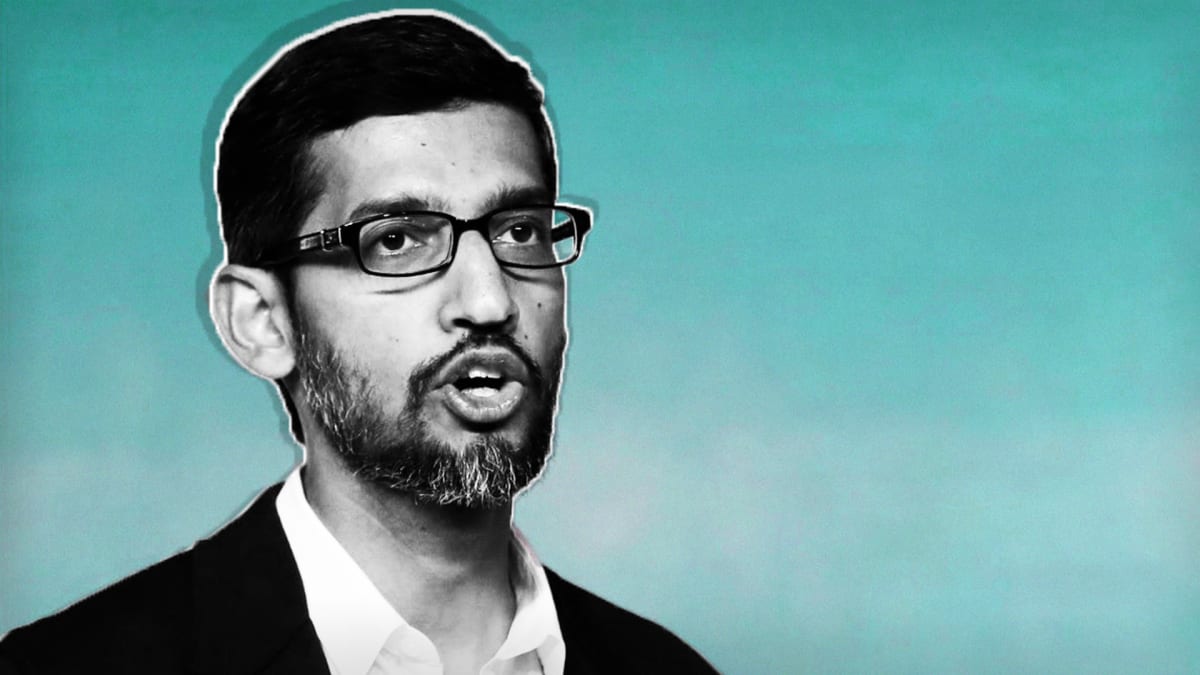
Google is under siege.
Since the introduction of ChatGPT on Nov. 30, the internet giant has never looked so fragile to its rivals, who finally see an opening to disrupt the search engine market.
ChatGPT -- the name stands for generative pretrained transformer -- is an artificial intelligence chatbot service run by a nonprofit research organization called OpenAI. It was created as a democratized artificial intelligence service and has virtually limitless possibilities for productivity -- and for error.
What is innovative is the fact that this artificial-intelligence interface is perfectly at ease in a conversational mode: You can ask a lot of questions one after the other and expect clear answers. It is a generalist robot: You can ask ChatGPT to write a film script, the plan for a thesis, or a computer code.
What the general public does not know is that the T of GPT is a technology developed by Alphabet's (GOOGL) Google, which had put it in open source. In other words the company made it available to everyone. The competitors have therefore served themselves and are now attacking the group which has always had a cautious approach to artificial intelligence (AI).

Image source: Ron Jenkins/Getty
Google Seems to Be in a Panic
But the success of ChatGPT, which has become the center of almost every tech-related conversation, has sounded like an alert at Google, especially since the great rival Microsoft (MSFT) has decided to integrate features of the conversational robot into its Bing search engine.
Google seems to be in a panic: The firm brought back its founders Larry Paige and Sergey Brin and triggered a Red Code. On Feb. 6, he rushed Bard, ChatGPT's rival.
"Bard can be an outlet for creativity, and a launchpad for curiosity, helping you to explain new discoveries from NASA’s James Webb Space Telescope to a 9-year-old, or learn more about the best strikers in football right now, and then get drills to build your skills," Sundar Pichai, Google's CEO, said in a blog post.
Bard also "draws on information from the web to provide fresh, high-quality responses," which means that the robot may answer queries about recent events, something ChatGPT is having problems doing.
Pichai sounded a general mobilization at Google in an internal email sent to employees on Jan. 6. We understand that it's a race against time in which Google is launching. Here are the words used by Pichai, according to CNBC, who obtained the internal memo.
"Next week, we’ll be enlisting every Googler to help shape Bard and contribute through a special company-wide dogfood,” Pichai wrote to employees on Feb.6.
'Dogfood' is a term used within companies to refer to a practice that includes using one’s own product before launching it.
'Your Feedback'
“We’re looking forward to getting all of your feedback - in the spirit of an internal hackathon — more details coming soon,” the CEO continued.
"It’s early days, we need to ship and iterate and we have a lot of hard and exciting work ahead to build these technologies into our products and continue bringing the best of Google Al to improve people’s lives,” Pichai wrote. "We’ve been approaching this effort with an intensity and focus that reminds me of early Google — so thanks to everyone who has contributed.”
He added: "Next month, we’ll start onboarding individual developers, creators and enterprises, to try generative language APIs (application programming interface) initially powered by LaMDA, with a range of models to follow."
"Over time, our goal is to create a suite of tools and APIs that will make it easy for others to build more innovative applications with Al.”
LaMDA, which stands for language model for dialogue applications, is the underlying technology underpinning Bard. ChatGPT is underpinned by GPT-3.5, another large language model.
Google didn't respond to a request for comment.
The company is holding an AI event on Feb.8.







